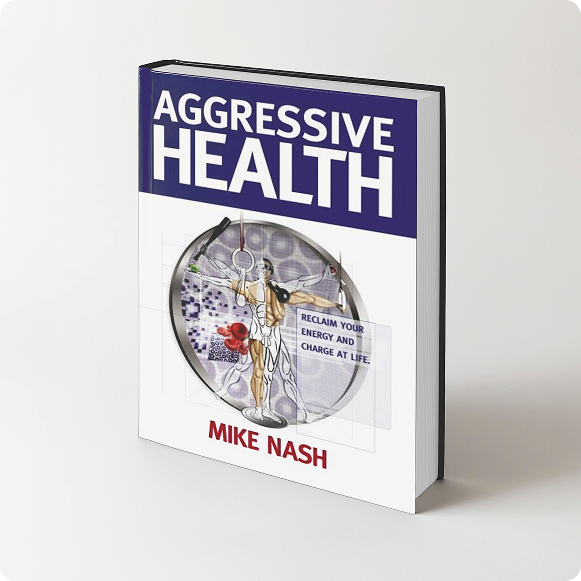Magnesium Chelate (Muscle Recovery)
Chelated forms of magnesium provide the best absorbency in comparison to non-chelated. Research published by the New York Headache Center3 suggests that 400 mg of chelated magnesium a day is especially helpful for pre-menstrual syndrome and foot and leg cramps. The researchers found that chelated magnesium also helped those who tend to have cold extremities (hands or feet) caused by environment or stress.
Magnesium Glycinate (Sleep, Anxiety & Brain Health)
One of the most popular forms of magnesium, magnesium glycinate (also known as magnesium diglycinate or magnesium bisglycinate) is a chelated form of magnesium that contains the amino acid glycine. Glycine is the smallest amino acid and is able to cross the blood-brain barrier. It’s best known for benefits relating to sleep and brain health.
If you’re looking for the best magnesium supplement for anxiety, magnesium glycinate has been shown to have a soothing effect on the brain5 and several studies have shown that magnesium glycinate may help to calm anxiety.
Magnesium Aspartate (Mood, Anxiety & Depression)
Magnesium aspartate is a form of magnesium that is bonded to aspartic acid, a non-essential amino acid found in protein-rich foods such as eggs and meat. Aspartic acid is often used by bodybuilders to enhance athletic performance, recovery, and muscle strength. Many users of magnesium aspartate report finding this form one of the best magnesium supplements for leg cramps and other muscle cramping.
Magnesium Malate (Brain & Nervous system)
Getting enough magnesium through food and supplementation is key to many physiological functions, especially those that effect the brain. Because it’s able to work quickly and is more long-lasting, magnesium malate is considered one of the most beneficial forms for brain and nervous system health and one of the best magnesium supplements for headache – including migraines.
Magnesium Orotate (Heart & Exercise Performance)











